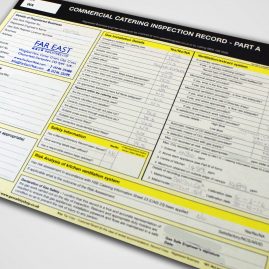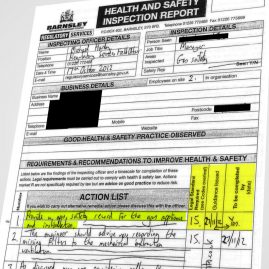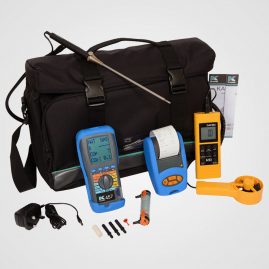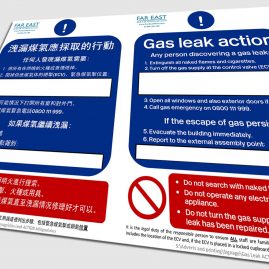It’s required by law to have a kitchen Gas Safe check every year.
Without one, you are operating illegally and your insurance could be invalidated. If you can’t produce a Gas Safe certificate when requested by a council’s health and safety or environmental health officer, they could issue an enforcement notice or even order you immediately cease trading.
A Gas Safety Check is just like a car MOT. Every year a qualified engineer must safety inspect all your gas kitchen equipment and canopy extract system, then write the report certificate.
The inspection can take a couple of hours because there are many things the engineer must check by law, although we can work whilst your chefs are doing prep work (but not whilst they’re cooking).
Just £90 for our Gas Safe kitchen inspection certificate including one gas appliance. Additional appliances are £25 each. Heating/hot water boiler £70.
Non-urgent call outs are typically £60-£80 (this means waiting until one of our roving engineers is passing near you). If you need us to attend more urgently, callout will vary depending how far away our nearest engineer is. We cover most of UK but have engineers permanently based in Chesterfield and London.
Most plumbers don’t have the commercial catering certificate required to test everything in your kitchen, because it’s expensive. Ordinary gas catering engineers are often unfamiliar with the specialist equipment used for Asian cooking and may not be able to provide our in-depth advice.
Far East’s engineers are specialists in Chinese kitchens so we can test everything properly
Our Gas Safe engineers have the following qualifications:
- CCCN1: Core Commercial Catering Gas Safety
- COMCAT1: Ranges and ovens, bain marie, hot cupboard, stoves, hot plates, boiling burners
- COMCAT2: Pressure steamers and water boilers
- COMCAT3: Deep fat and pressure fryers, grills and griddles.
- COMCAT4: Fish and chip ranges
- COMCAT5: Appliances with forced draught burners (turbo burners)
- ICPN1: Pipework in excess of 35 mm, inc. first fix
- TPCP1A: Pipework testing and purging up to 150 mm dia
- CPA1: Combustion performance analysis
- CENWAT: Gas heating & hot water appliances (central heating boilers)
- CKR1: Domestic gas cooking appliances
- CP42 and CCINP: Gas Safety Inspection Certificate for Commercial Catering and Commercial Kitchens including Take Away, Restaurant, Pub, Café, Hotel, School , Care home, Nursery and Community Centres.
- CP15: Plant commissioning/service record (non-domestic)
- CP16: Gas testing and purging (non-domestic)
- CP17: Gas installation safety report (non-domestic)
Also, your insurer could refuse to pay a claim if you can’t provide your Gas Check certificate when asked, so you can think of the Gas Check as part of your annual insurance.
Waiting until someone asks for a Gas Check certificate is expensive
You can be shut down until you’ve got it!
Once our gas engineer has done the inspection, they’ll give you a report with recommendations and you can decide if you want to do any of the work. If we can do the work immediately, we’ll update your gas safe certificate to say what improvements have been made.
If you already know some improvements are required, let us know before we visit and we can provide a quote.Whilst we’re inspecting your kitchen, for a small additional fee we can test your heating and hot water boiler too and provide a landlord’s certificate.
A gas interlock checks the extract fan is working before turning the gas supply on. They are needed in new installations, and our engineer can advise if your kitchen needs one during the Gas Safe check.
Please see our dedicated Gas Interlock System page for more details.
CE is a safety standard required on gas appliances since the late 1990s. CE equipment must prevent unburnt gas escaping; so if the flames go out then the gas is cut off (this is known as a Flame Safety Device (FSD) or thermocouple). Our engineers will advise you about any non-CE/UKCA appliances.





